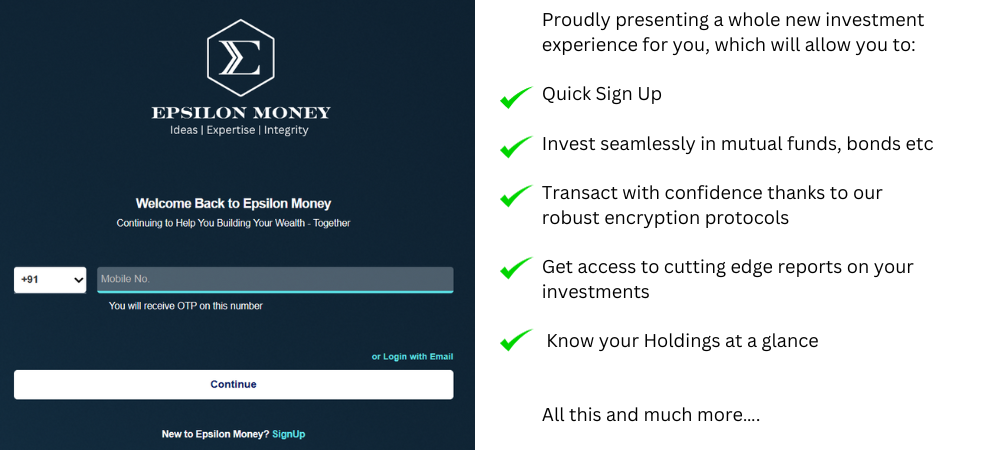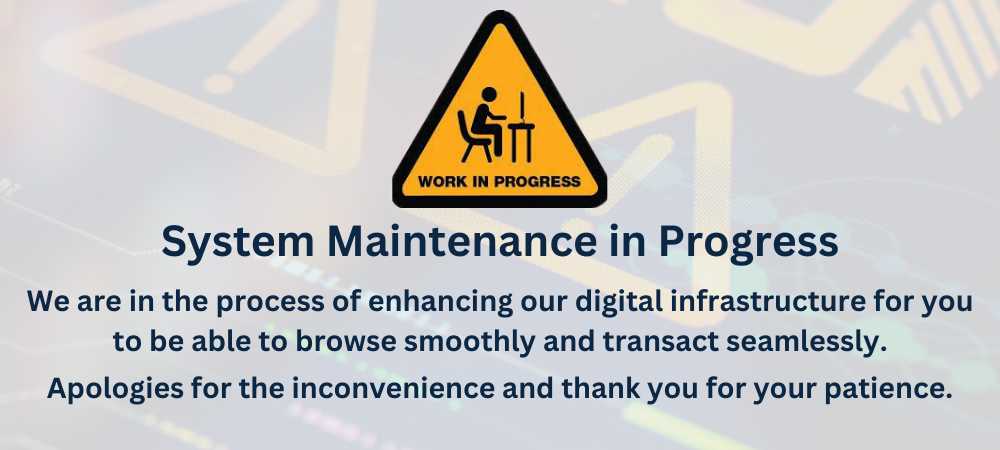Blog |
“The US Dollar is our currency but your problem.”
– John Connolly
The global capital markets seem to have not reacted to the recent downgrade by Moody’s and that itself may be a cause for some concern. While this is not the first downgrade of US debt; Standard & Poor’s downgraded the nation’s credit rating in as far back as August 2011, and Fitch Ratings cut it in August 2023. While we all live in a relative world, this downgrade does not mean in any way that the US will not continue to remain a “safe haven” economy of the world and that there is any risk to its dominance. However, some chinks in the armor are now being visible – is the message
We all are aware of the term structure of interest rates where most bonds in an economy across terms are priced off a so called “risk-free” or sovereign issuer rate. Issuers, depending on their credit rating can price their bonds off this curve adding a “spread”. After Moody’s downgrade this base rate would need to be adjusted upward. However, since all credit raters are now of the same risk view, it is also possible that this may not necessarily mean a higher cost of debt. There is no absolute level of yield for any credit rating. They move in tandem and are relative to each other, given supply and demand for credit at any time. Hence it may well be a non-event and could be a possible explanation for the humdrum response from the bond markets and the global capital markets in general.
US 10-year Treasury yields briefly hit 4.5% levels before trading at a more sedate 4.46% subsequently post the announcement. This could be termed as a tepid response to the event. While opinion makers are concerned about rising interest costs, currently, it appears to be only an adjustment to the median view on US debt across all major rating agencies.
The increasing burden of the federal government’s budget deficit were cited as reasons behind the downgrade by Moody’s The proposed Bill that is coming up for vote is clearly indicating higher government spending via tax cuts and lower medical coverage to a large mass of US citizens already beleaguered by high health costs and prohibitive insurance costs. This brings us to the next question – Are budget deficits unsustainable?
If one were to look at developmental economics, in lieu of potential growth, developing economies are urged to run fiscal and budgetary deficits to counter the insufficiency of tax revenue. These deficits do come at a cost and if growth rates are higher, such deficits are not only sustainable but can go a long way to boost growth in an economy. The US in contrast is another picture altogether and that is the reason why one needs to look beyond the tepid response from the capital markets and become slightly more concerned about the macro picture emerging in the US in the coming quarters. For one, the US is not a developing economy and growth rates are unlikely to sustain at a level that pays for the current cost that the deficit will incur. This can become a structural issue in years to come.
The emperor has no clothes!
How should investors view this development?
While the deteriorating fiscal situation in the US is no secret, the almighty US dollar and its status as the “Reserve Currency” of the world has been able to keep the façade in good order. However, any long-lasting structural change in this equation or a move away to alternative currency regimes can do far more damage to the US economy that can be imagined. This of course is a very far-fetched idea currently, but markets have a way to discounting such events into asset prices in the most astonishing ways.
Investors would be well advised to diversify dollar assets and weigh their options in an increasing multipolar world. US treasury holdings abroad may reduce as more and more countries prefer to keep reserves in alternative assets to the US dollar. Of the total USD7.9Tr treasury securities owned by foreign countries, Japan, the largest holder and followed by China, have been seen reducing their holdings recently. While overall the holdings continue to rise via holding by other countries this represents a very vulnerable area of the US fiscal mathematics
Domestic debt issued has a cost that is relatively stable and predictable, such sales of US treasury securities abroad increases external vulnerability in case such large holders were to reduce holdings dramatically.
Be prepared for the new normal
Investors should review their exposure to US markets and US assets and take a judicious view of exposure to this asset class in the new world order as it unfolds. India continues to offer investors a stable and multiyear opportunity in the face of increasing uncertainty in US and Global markets.
“A U.S. dollar is an IOU from the Federal Reserve Bank. It’s a promissory note that doesn’t actually promise anything. It’s not backed by gold or silver.”
– P. J. O’Rourke
Mr. Tushar Pradhan
Chief Mentor – Investment Strategy, EPSILON MONEY INVESTMENT MANAGEMENT & Director – HXGON Partners LLP
Disclaimer-This newsletter is being curated by HXGON Partners LLP, a knowledge partner of Epsilon Money. This newsletter is not intended to be used as a recommendation and is generic in nature. Investors should follow the advice of a qualified investment advisor before making any investment decisions and should read all investment related documents and risk disclosures.
Epsilon Money Mart Pvt Ltd (Epsilon Money) having its registered office in Mumbai, Maharashtra India, is an AMFI registered Mutual Fund distributor and IRDAI registered Corporate Agent and associated with SMC Global Securities Limited as a Sub-Broker for investments opportunities in Direct Equities. Epsilon Money acts as a referrer to the Product and Services Providers who have obtained the required license to offer a suite of wealth management products which may not be directly offered by it. Epsilon money does not guarantee the validity/compliance of license of Product and Services Providers. Clients may conduct their independent due diligence before investing. The insurance products offered are underwritten by the respective Insurance Partners only. Epsilon Money does not underwrite the risk or act as an Insurer. Mutual Fund investments are subject to market risks. Please read all the offer-related documents carefully before investing. Past performance may or may not be sustained in future. To view the Full Disclaimer Click Here

